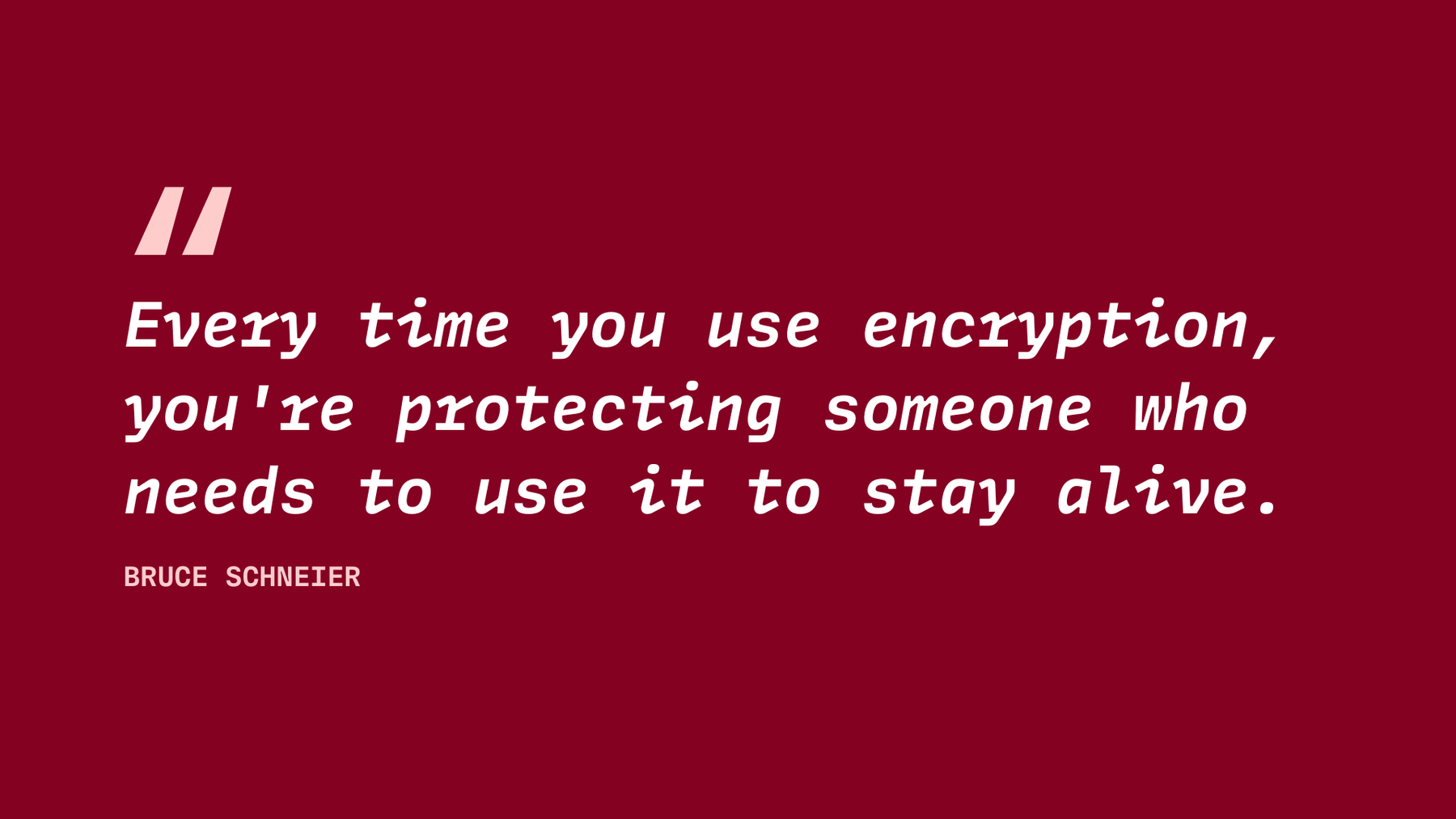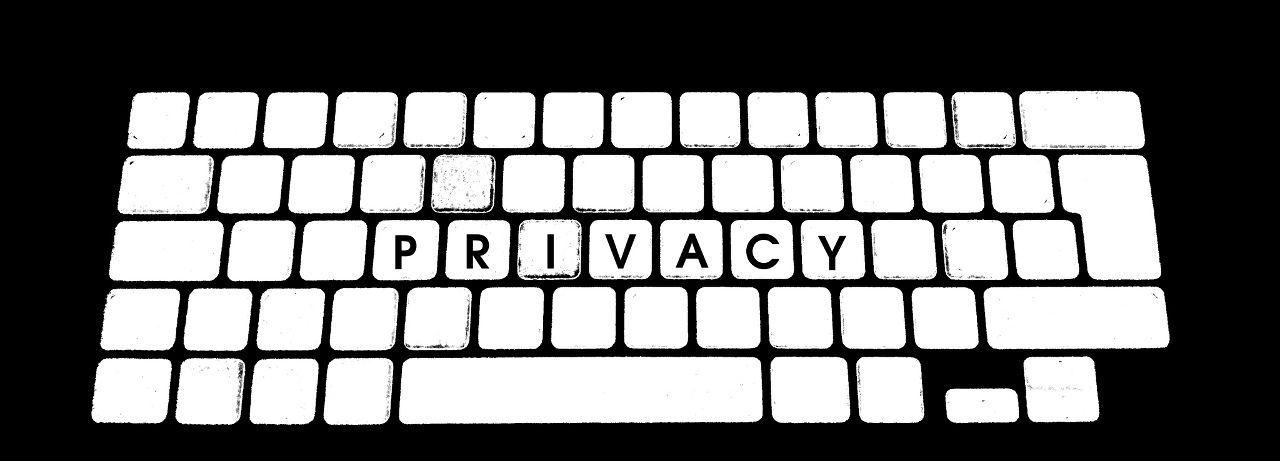Data Privacy Day: Why privacy matters and why it is time to fight for it.
Data Privacy Day was initiated 12 years ago in Europe. Since then mass surveillance and corporate exploitation of users' data has only gotten worse. Let's take a look at why protecting our Right to Privacy is now more important than ever.
Privacy is under attack around the world
Trump, Orbán, Erdogan – They are just a few of the emerging demagogic political class who symbolize a severe threat to freedom and democracy. Political parties pretend to demonstrate strength by undermining democratic values and freedoms. Even worse: Democratically elected politicians are among the loudest voices against freedom of speech and the right to privacy.
This trend is already being mirrored in changing legislation: The worst surveillance laws have been passed in recent history - despite the fact that the surveillance state of Eastern Germany should still be very present in people’s memory. Two dreadful examples are Australia’s surveillance bill and the UK’s Snooper’s Charter.
Resistance rises: Let’s take back freedom of speech and right to privacy
However, there’s also light at the end of the tunnel: The more demagogues try to destroy our freedoms, the more the resistance grows. Since its introduction in 2016, the UK Snooper’s Charter has been declared unlawful after being challenged by Amnesty International.
Human Rights Watch has just published the report: World’s Autocrats Face Rising Resistance. It shows that people around the world increasingly stand up for their Human Rights.
We at Tutanota are very glad that so many people around the world are fighting back. In fact, we are developing Tutanota to protect our right to privacy, to protect freedom of speech, and, ultimately, to protect democracy itself.
It is our mission to enable everyone to communicate securely and privately online. That’s why we are building the open source email client Tutanota with built-in encryption. Communicating in private is a basic necessity for any political resistance. It gives people the freedom to express every thought and idea without the fear of being prosecuted for it.
Data Privacy Day
International Data Privacy Day is every year on January 28th to raise awareness for the importance of privacy and data protection online. Today is the time to learn why privacy matters and how you can protect yours easily.
Why privacy matters to me?
Activists, dissidents, and journalists already know why privacy matters: They need to protect themselves, whistleblowers and other contacts from being spied on. That’s an unquestionable fact.
”As journalists we have seen how the authorities all over the world have taken both official and unoffical steps to reveal a source of an important story. If we want to truly defend freedom of the press and our right to keep a source secret, we need to protect our communication. And for this secure email such as Tutanota is one crucial tool,” says Rasmus Mark Pedersen, board member of the union of Danish journalists.
The general public, however, still believes that they have nothing to hide because, let’s face it: They have nothing to hide. Yet, this belief is the cardinal error. You’ll never know whether today’s opinions or attitudes are still acceptable in ten years’ time.
History teaches us that we must never believe that we have nothing to hide. While there may or may not be private matters in your personal life, this general analogy explained by Glenn Greenwald will make everyone understand why privacy matters:
Over the last 16 months, as I’ve debated this issue around the world, every single time somebody has said to me, “I don’t really worry about invasions of privacy because I don’t have anything to hide.” I always say the same thing to them. I get out a pen, I write down my email address. I say, “Here’s my email address. What I want you to do when you get home is email me the passwords to all of your email accounts, not just the nice, respectable work one in your name, but all of them, because I want to be able to just troll through what it is you’re doing online, read what I want to read and publish whatever I find interesting. After all, if you’re not a bad person, if you’re doing nothing wrong, you should have nothing to hide.” Not a single person has taken me up on that offer.
The Internet is not made to protect your privacy. It’s a surveillance machine.
As much as the Internet has advanced our societies, it has also become a threat to our freedom. Surveillance online has become so much easier than what the Stasi in East Germany and the Gestapo had to do to spy on German citizens a couple of decades ago.
With the help of the Internet, mass surveillance today is cheap and fast. The only privacy-preserving technology we have to stop this surveillance machine is encryption:


The reasoning behind this is simple: The more people encrypt their online communication, the harder it gets to spy on all citizens or to filter out potential targets such as activists, journalists or whistleblowers who are the only ones using encryption.
From this data privacy day onward, protecting our privacy should become standard practice for everyone, not just to protect oneself, but also to protect our free and open societies.
Today it is easier than ever to make a change.
As the Internet grows up, people understand that they have to stop feeding the surveillance machine - independent from whether they believe they have something to hide or not. New tools have made encryption and, thus, protecting your private data very easy. Email services like Tutanota, chat apps like Signal, cloud services like Tresorit are just a few that integrate encryption seamlessly into their services so that users don’t have to think about how the encryption works.
Change your habits because privacy matters!
Protecting ones privacy online is still a challenge. But step by step we can all take back our right to privacy.
Our guide on how to leave Google behind will help you to find alternatives that protect your private data.
Together we will take back what belongs to us: our data. Change your habits now, on data privacy day, and together we will change the Internet for the better. Because privacy matters.
Get a free webmail account now!

